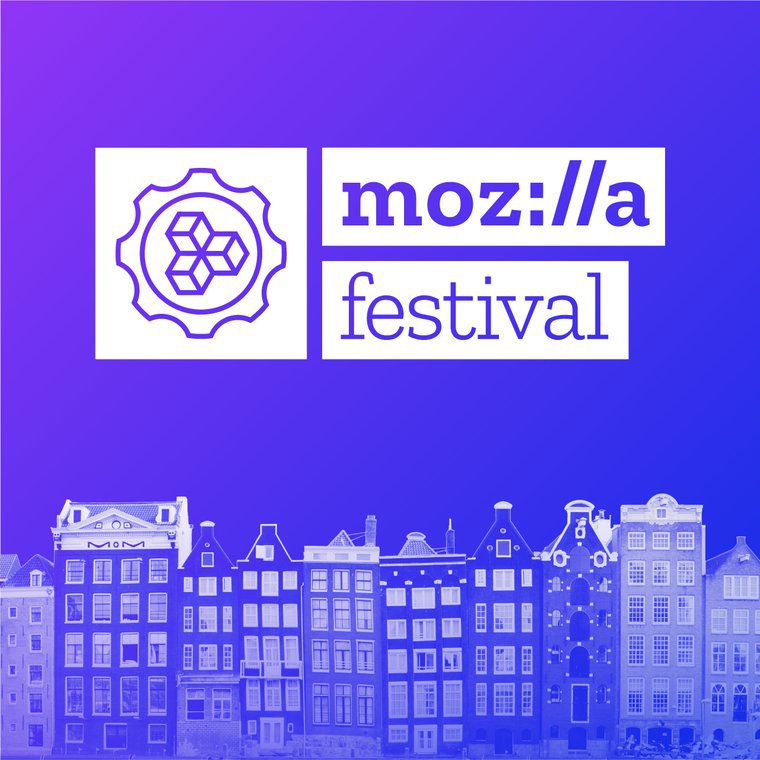I’ve always been obsessed with democracy. How it works, how it doesn’t. How it’s built and improved and protected. And who gets to participate in it.
The obsession was a gift from my father, who dedicated his career to shaping democratic institutions and protecting free and fair elections worldwide. He died of cancer this past July, just a few months after I joined Mozilla. Although he was thrilled about my new job, I wish I had done a better job of explaining to him just how similar the work that we do at Mozilla is to the work he did to help shape a safer, more participatory world.
Nothing illustrates those similarities as perfectly as MozFest.
Democracy, like the internet, is a system that is imagined, built, and maintained by communities. Reduce the number of people involved in any of these three stages and you are left with a fragile system that is destined to marginalize people — either by design or by accident.
As I look at my father’s career, so many of its highlights can be traced to convenings like MozFest: people from around the world who were hopeful about a better future, and ambitious enough to try to create it. People who were curious about how to build a better future, and who were generous with their time and expertise. To me, this is the essence of MozFest: to ask, to listen, to experiment, and to lean into the belief that better systems are possible.
I clung until the bitter end to the hope that all this asking and learning and hopefulness would take place in person in Amsterdam. But I am excited to see how an online MozFest might open the door for participation even wider. What I’m bringing to MozFest this year, from the comfort of my home office (aka my kitchen table) is a boatload of curiosity about how to combat election misinformation in countries routinely ignored by big tech, how to debias AI, and how to address connectivity challenges during the COVID-19 pandemic.
I am also enthusiastic about sharing what my team learned in the writing of the 2020 Internet Health Report, which comes out in January. As well as hearing from MozFest attendees about what topics you most want to see covered in the 2021 Internet Health Report. Maybe even convincing some folks to share personal stories about their own healthy and unhealthy internet experiences.
In the wake of personal loss, something so many of us are grappling with during this torturous year, it is easy to forget that change is possible. But my father — who was born in a freezing Finnish railway station mid-evacuation from his parents’ home town when it was ceded to the Soviets — taught me that how we live today doesn’t have to be how we live tomorrow. So I am excited about coming together with so many people who share that fundamental belief, and who are willing to put in the work to make change happen.

Eeva Moore is the engagement manager for Mozilla's Insights team, as well as the project manager for the Internet Health Report. When she's not working she's writing, knitting, and trying to make politics more representative and responsive.
MozFest is part art, tech and society convening, part maker festival, and the premiere gathering for activists in diverse global movements fighting for a more humane digital world. To learn more, visit www.mozillafestival.org.
Sign up for the MozFest newsletter here to stay up to date on the latest festival and internet health movement news.









